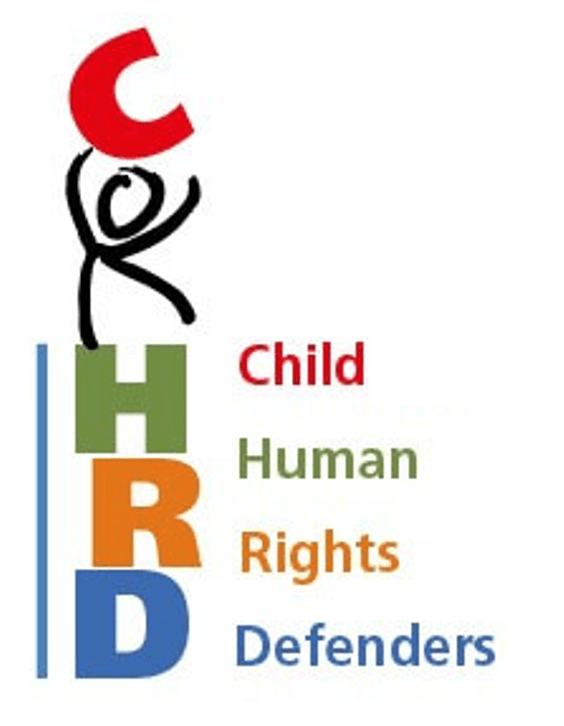Child Human Rights Defenders
Interactive
Implementation Guide
4.2. Right To A Remedy At The National Level
ICCPR Article 2(3)
Each State Party to the present Covenant undertakes:
(a) To ensure that any person whose rights or freedoms as herein recognized are violated shall have an effective remedy, notwithstanding that the violation has been committed by persons acting in an official capacity;
(b) To ensure that any person claiming such a remedy shall have his right thereto determined by competent judicial, administrative or legislative authorities, or by any other competent authority provided for by the legal system of the State, and to develop the possibilities of judicial remedy;
(c) To ensure that the competent authorities shall enforce such remedies when granted.
DHRD Article 9
(1) In the exercise of human rights and fundamental freedoms, including the promotion and protection of human rights as referred to in the present Declaration; everyone has the right, individually and in association with others, to benefit from an effective remedy and to be protected in the event of the violation of those rights.
(2) To this end, everyone whose rights or freedoms are allegedly violated has the right, either in person or through legally authorized representation, to complain to and have that complaint promptly reviewed in a public hearing before an independent, impartial and competent judicial or other authority established by law and to obtain from such an authority a decision, in accordance with law, providing redress, including any compensation due, where there has been a violation of that person’s rights or freedoms, as well as enforcement of the eventual decision and award, all without undue delay.
(3) To the same end, everyone has the right, individually and in association with others, inter alia:
(a) To complain about the policies and actions of individual officials and governmental bodies with regard to violations of human rights and fundamental freedoms, by petition or other appropriate means, to competent domestic judicial, administrative or legislative authorities or any other competent authority provided for by the legal system of the States, which should render their decision on the complaint without undue delay;
(b) To attend public hearings, proceedings and trials so as to form an opinion on their compliance with national law and applicable international obligations and commitments; …
(5) The States shall conduct a prompt and impartial investigation or ensure that an inquiry takes place whenever there is reasonable ground to believe that a violation of human rights and fundamental freedoms has occurred in any territory under its jurisdiction.
Article 9 of the Declaration sets out what is required in order for all HRDs to have access to a remedy at the national level. The Committee has emphasized that: ‘For rights to have meaning, effective remedies must be available to redress violations.’ The protections do not change for children but what might be required to implement them in practice will be different. For example, children’s access to justice is often dependent upon adults informing them about the existence of a means of redress and enabling them to access it. It is important that children have an independent right to seek a remedy and that their views are sought and taken seriously across the process, directly if possible and, where appropriate through independent representation (Article 12(2) CRC). The Committee has said that ‘Children’s special and dependent status creates real difficulties for them in pursuing remedies for breaches of their rights. So States need to give particular attention to ensuring that there are effective, child-sensitive procedures available to children and their representatives. These should include the provision of child-friendly information, advice, advocacy, including support for self-advocacy, and access to independent complaints procedures and to the courts with necessary legal and other assistance. Where rights are found to have been breached, there should be appropriate reparation, including compensation, and, where needed, measures to promote physical and psychological recovery, rehabilitation and reintegration, as required by Article 39.”
Article 9(5) of the Declaration states that investigations should be ‘prompt’ and while this is important always, it is especially significant for children whose development is changing rapidly.
Child Friendly Justice Guidelines
The Council of Europe’s Committee of Ministers has identified the following key aspects of child-friendly justice: accessible; age appropriate; speedy; diligent; adapted to and focused on the needs of the child; respecting the right to due process; respecting the right to participate in and to understand the proceedings; respecting the right to private and family life; and respecting the right to integrity and dignity.
